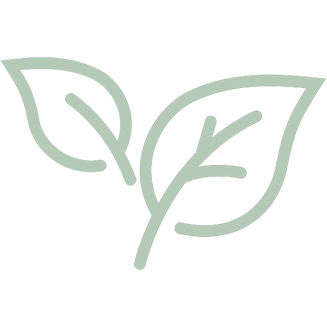Community Events
The end of the year is rapidly approaching and Flinders is in full planning mode! Educators are carefully planning transitions, beginning to develop summative statements and holistic overviews, and preparing portfolios that celebrate children’s learning across 2019. There are a number of important community events taking place in November that we invite our current families to attend. Annual General Meeting: an opportunity to come and hear about the experiences and achievements of the last 12 months, as well as our philosophy and future directions. Please see invitations in each House. Internal Transition Morning: an opportunity to come and spend some time in your child’s House for 2020, meeting educators and becoming familiar with the space. Please refer to invitations in your current House and see your Assistant Director for further information. End of Year Party: a save the date has been sent on accounts, and an invitation is on its way. We would love to see as many families as possible at these events, community participation is not only essential to the operation of community-based services such as Flinders; community is what makes us unique.
